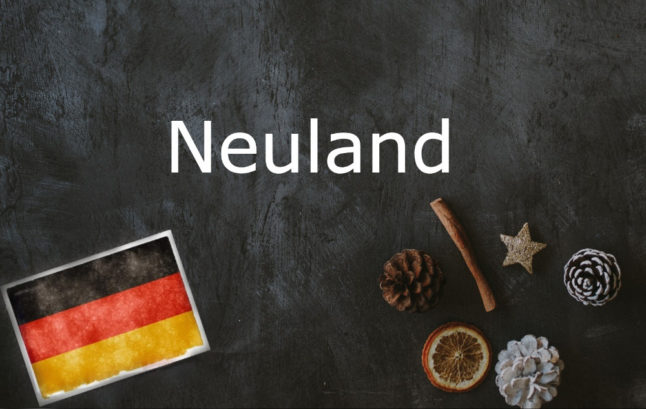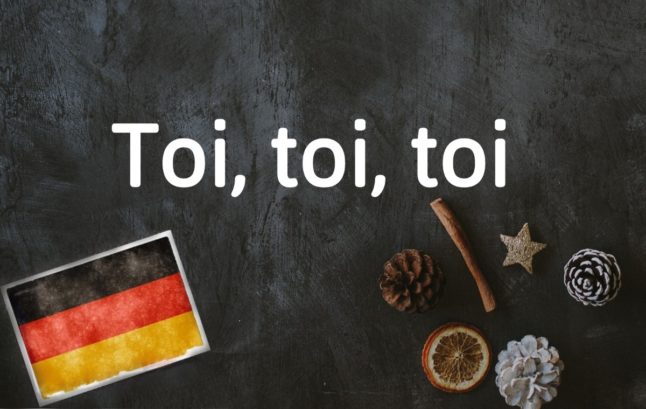Why do I need to know ‘Neuland’?
Whether you’re an intrepid explorer on the search for rare unknown corners of the globe, a scientist on the brink of a groundbreaking discovery, or simply going through a big life change, this versatile word will come in handy.
What does it mean?
Literally translated as ‘new territory’ or ‘new land’, the first meaning of the das Neuland is a quite literal one: a first-time settlement. That explains why countless districts, villages and towns in Germany share ‘Neuland’ as their now long-standing name, be it Hamburg-Neuland or a village in North Rhine-Westphalia. It’s also been given to German-speaking settlements abroad, such as Neuland in Belize or Paraguay.
The same concept also applies to many cities in the English-speaking world (just look at all the Newland-named cities in the UK or US, or Newfoundland in Canada).
READ ALSO: What are the histories behind German city names?
The other, more figurative meaning is basically the equivalent of ‘unchartered territory’. A scientist might aim to break new ground (Neuland betreten or Neuland gewinnen) with a new research paper. A common expression for someone embarking on a new discovery is Neuland beschreiten (literally, pursue something new).
When anything in society is introduced for the first time, be it an idea or a product, it is Neuland. To the contrary, if you come up with something that’s not exactly new or groundbreaking, it’s common to preface it with a modest “Die Idee ist natürlich nicht Neuland, aber…” (“The idea isn’t exactly unchartered territory, but…”)
Here’s how it’s used
This is a new arena for me.
Das ist Neuland für mich.
As a first time mother of twins she found herself in uncharted territory.
Als frischgebackene Mutter von Zwillingen fand sie sich im Neuland.
The scientists broke new ground in their cancer research paper.
Die Wissenschaftler haben mit ihrer Krebsforschungsarbeit Neuland betreten.



 Please whitelist us to continue reading.
Please whitelist us to continue reading.
Member comments